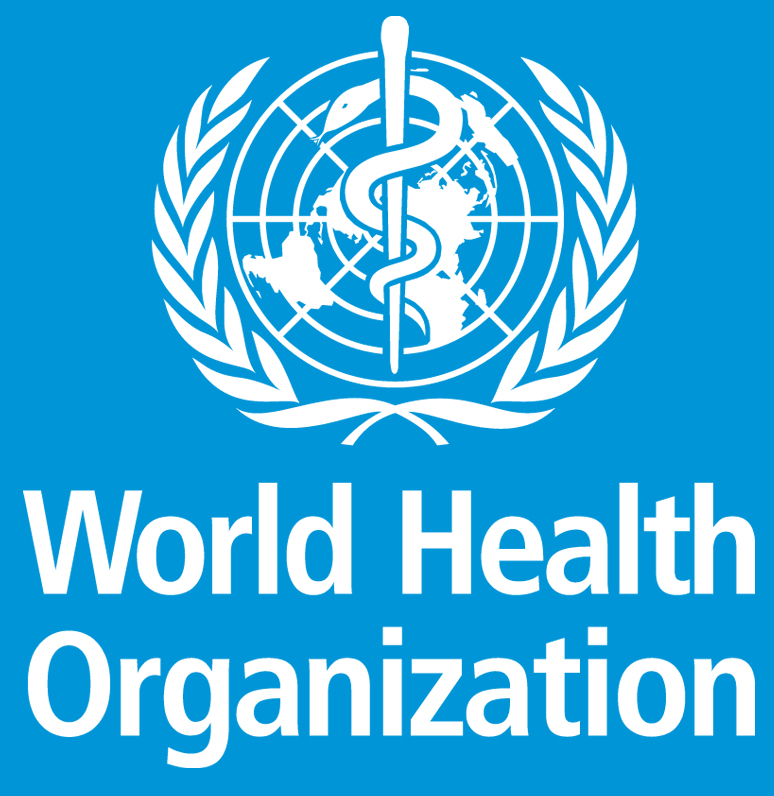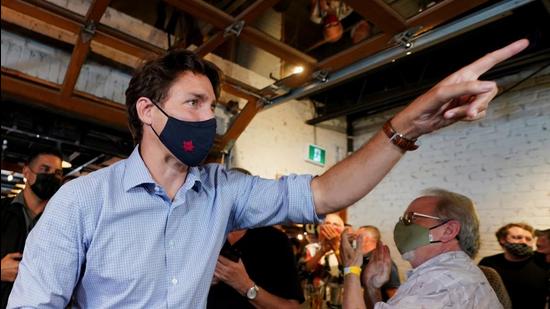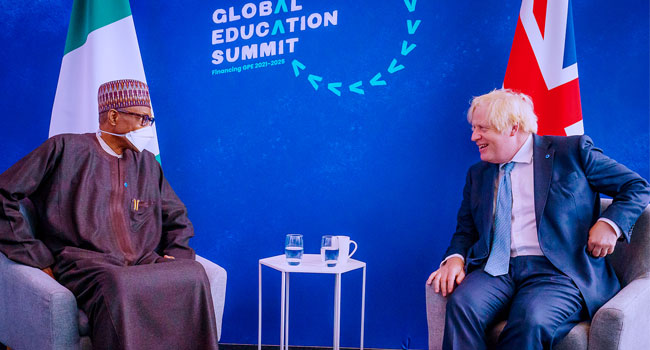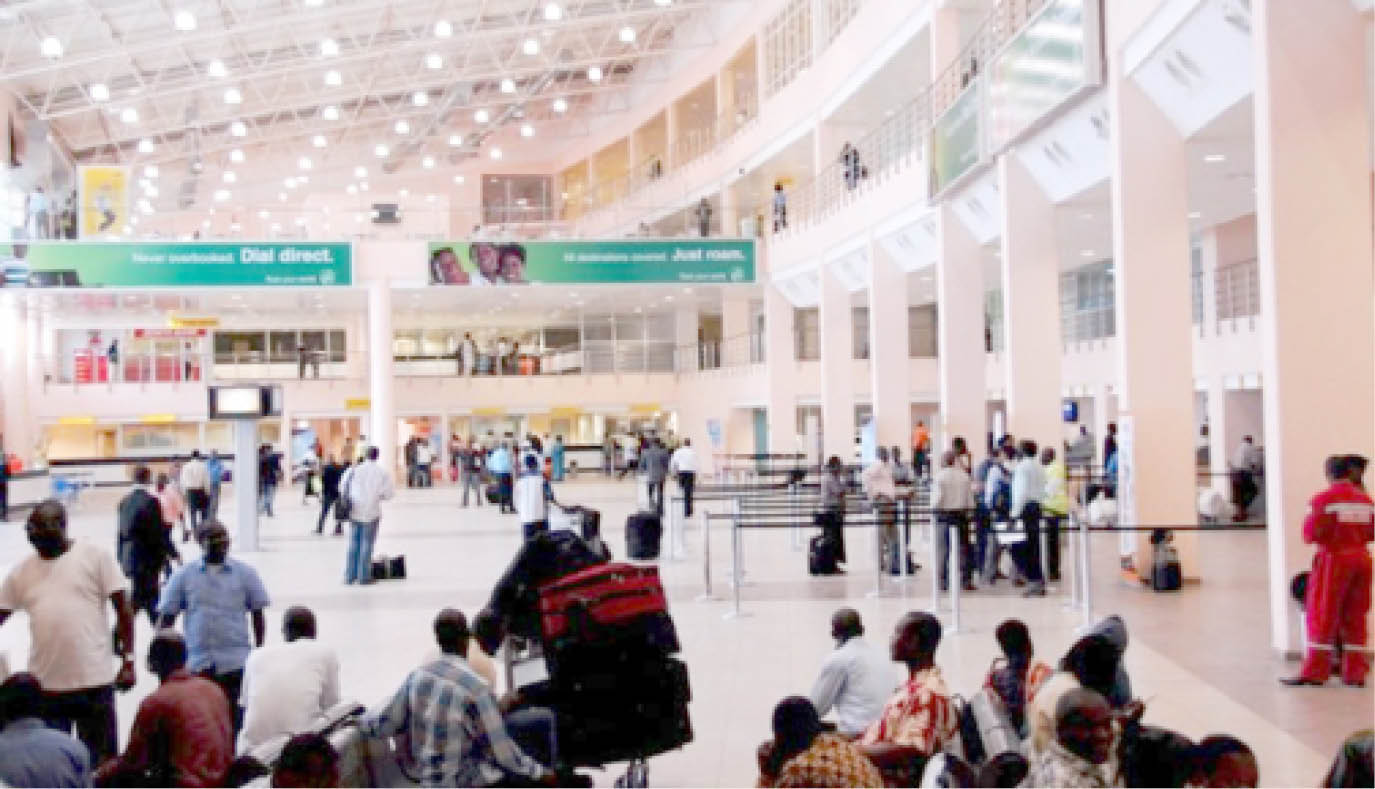The Federal Government has imposed travel restrictions on passengers who shun the COVID-19 Polymerase Chain Reaction (PCR) test.
Chairman of the Presidential Steering Committee on COVID-19 and Secretary to the Government of the Federation, Boss Mustapha, disclosed this via a statement on Sunday, adding that the restrictions came into effect on September 14.
He explained that passengers arriving Nigeria must go through the routine port health screening and present electronic or print-out evidence of pre-boarding COVID-19 PCR test and the Permit to Travel Certificate/QR Code.
Having done so, the passengers must present their international passports for clearance through the Nigeria Immigration Service System’s Migrants Identification Data Analysis System (MIDAS) and proceed on mandatory seven days self-isolation/quarantine in their selected in-country destination.
“Passengers who fail to show up for this test will face travel restrictions on their passports for at least six months and will not be able to travel abroad for this period. Non-Nigerian passport holders will have their visas revoked,” the SGF said.
“Passengers are advised to avoid physical interaction with friends, family, colleagues, and other members of the public. Passengers should check their emails/text messages regularly for updates regarding the arrangement for their repeat COVID-19 PCR test from the laboratory of their choice.
“During this period, the passenger may be contacted by the COVID-19 Response team to ascertain [the] state of isolation, day-7 testing appointment and health status.”
The SGF also announced that the government had lifted the ban placed on flights coming into the country from India.
As precautionary measures to curb the COVID-19 in the country, the Federal Government had banned passengers, who visited India, Brazil, South Africa, and Turkey in the last 14 days from entering the country.
However, the sanctions placed on airlines that convey passengers from restricted countries and travellers who are Non-Nigerians remain.
Mustapha added, “Non-Nigerian passport holders and non-residents who visited Brazil, Turkey or South Africa within 14 days preceding travel to Nigeria, shall be denied entry into Nigeria. This regulation, however, does not apply to passengers who transited through these countries.
“Airlines who fail to comply shall mandatorily pay a penalty of $3,500 per defaulting passenger; and non-Nigerians will be denied entry and returned to the country of embarkation at cost to the Airline; Nigerians and those with a permanent resident permit who visited Brazil, Turkey, and South Africa within 14 days preceding travel to Nigeria shall be made to undergo seven days of mandatory quarantine in a government-approved facility at the point-of-entry city and at cost to the passenger.”








